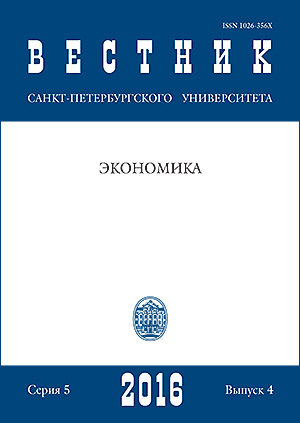Accounting for Sustainability: Episteme Change and Ontological Plurality
DOI:
https://doi.org/10.21638/11701/spbu05.2016.406Аннотация
В настоящем исследовании выявляется важность и проблематика системы учета устойчивого развития. По мнению авторов, возникающие проблемы свойственны понятиям и структуре современной системы и их решение лежит в самой возможности дальнейшего развития знания или эпистемы. После краткого рассмотрения природы и исторических последствий смены эпистемы в статье исследуются гносеологические истоки современной системы учета. Обосновывается необходимость новой, а не просто современной, эпистемы и ее важность для системы учета устойчивого развития. Существенную роль в этом сыграла работа Бруно Латура, заложившая основы акторно-сетевой теории и онтологической множественности. Библиогр. 93 назв.
Ключевые слова:
система учета устойчивого развития, эпистема, онтология, современность
Скачивания
Библиографические ссылки
References in Latin Alphabet
Translation of references in Russian into English
Загрузки
Опубликован
Как цитировать
Выпуск
Раздел
Лицензия
Статьи журнала «Вестник Санкт-Петербургского университета. Экономика» находятся в открытом доступе и распространяются в соответствии с условиями Лицензионного Договора с Санкт-Петербургским государственным университетом, который бесплатно предоставляет авторам неограниченное распространение и самостоятельное архивирование.







